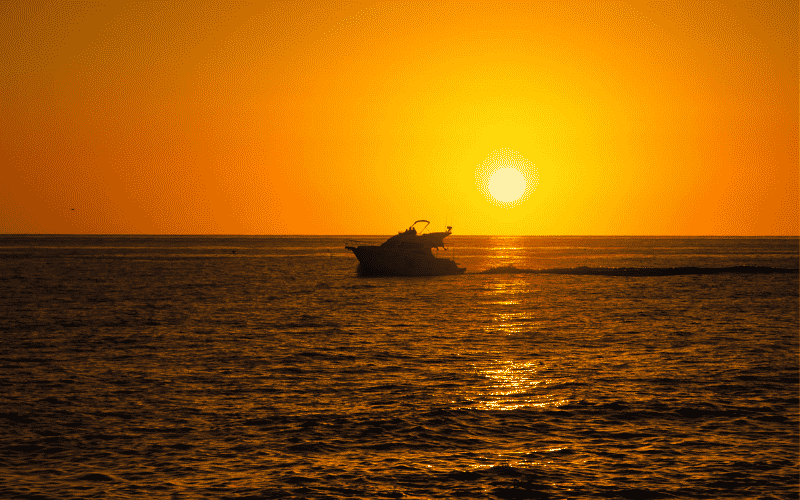
[ad_1]

Ocean-based, next-gen industries are evolving faster, boosting the need for data (on condition) at sea. But huge research vessels that map seas come at a significant environmental and financial cost.
XOCEAN, an Irish startup, has managed to float an alternative. Its uncrewed surface vessels (USV) — about the size of an average car but half the weight of one — deploy sensors that are capable of collecting data. It is also empowered to share the same via satellites to respective experts onshore.
XOCEAN believes that the mechanism improves safety while reducing the cost and emission resulting from ocean-specific surveys. It adds that its USVs emit 1,000-times less carbon than the conventional research vessels.

If no one is required to go offshore, the process eliminates the need to expose personnel to a hazardous environment.
XOCEAN has experienced an unexpected rise in demand. In the earlier months of 2020, the company had 20 employees; currently, it has 112. It has also raised about €8 million in terms of funding and has offices in Ireland, the UK, and Canada. The company is also looking forward to expanding into Asia-Pacific. By the end of 2020, it aspired to multiply its fleet to have 40 vessels from 15.
Greener and Cheaper but is it Safer?
XOCEAN is, however, not the only company that is riding the wave of change. L3Harris, whose unmanned vessels have been operated by the US Navy and the Saildrone has collected data from the Arctic to the equator as part of its extensive environmental research. Similarly, Ocean Infinity is spearheading the massive development of large, uncrewed vessels.
Ensuring the safety of marine regulators has been a challenge with most other companies. For the UK, all regulations had been laid with the intention that there will be somebody or the other present on board, mentions Katrina Kemp, the autonomy technical specialist for the UK government’s Maritime and Coastguard Agency. Maritime and Coastguard Agency is the institution that grants permissions to uncrewed vehicles to operate in the country’s national waters.
USV operators need to demonstrate that their vessels match the prescribed level of safety, including how the boat would react in case of a collision, or what would happen if there is an unforeseen failure or a lag between the operator working remotely and the vessel.
XOCEAN’s vessels deploy light detection algorithms and ranging (lidar) methodologies to detect objects that are nearby. Besides, there is a USV pilot as well as a surveyor monitoring active vessels 24×7. They are also capable of controlling navigation if the vessel goes off track and ensures that it follows all rules of the road when at sea. It can brave extreme weather conditions that a crewed ship typically would avoid.
Reference: cnn.com
Irish Startup’s Path-Breaking Crewless Vessels To Start Exploring Oceans appeared first on Marine Insight – The Maritime Industry Guide
[ad_2]
This article has been posted as is from Source